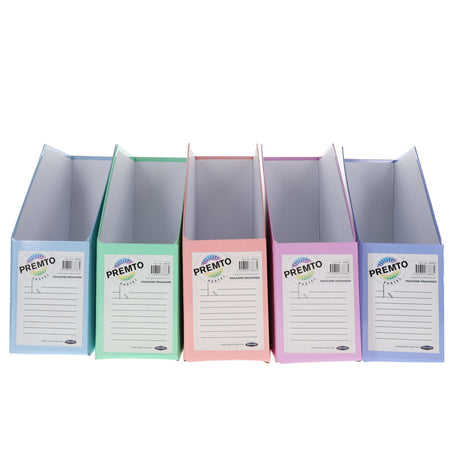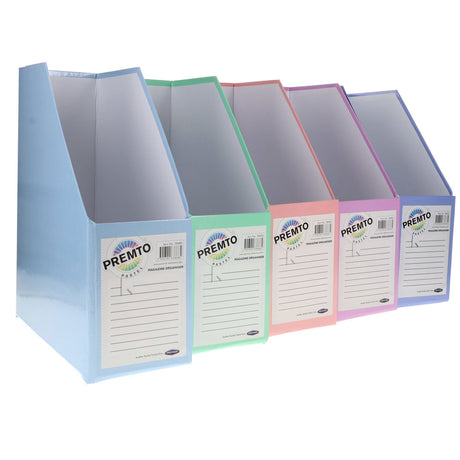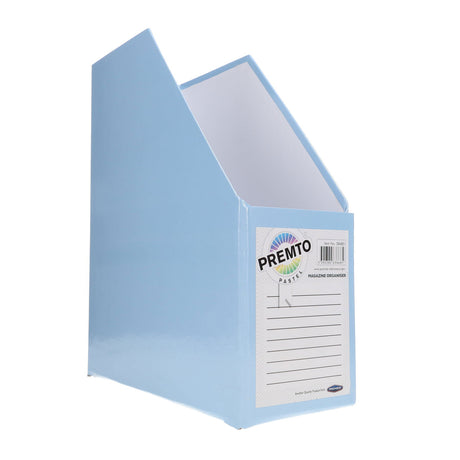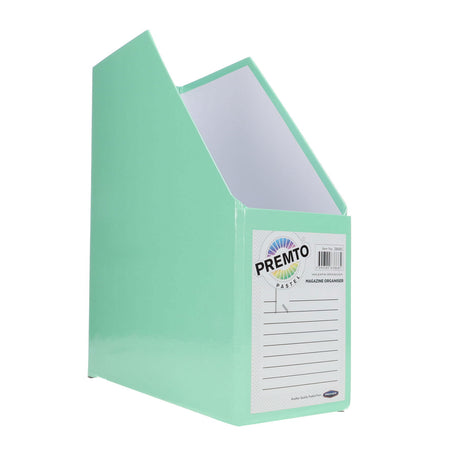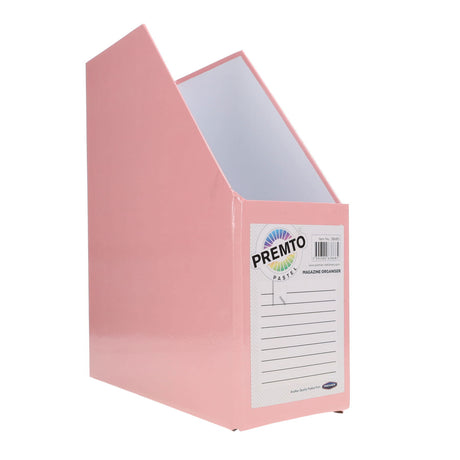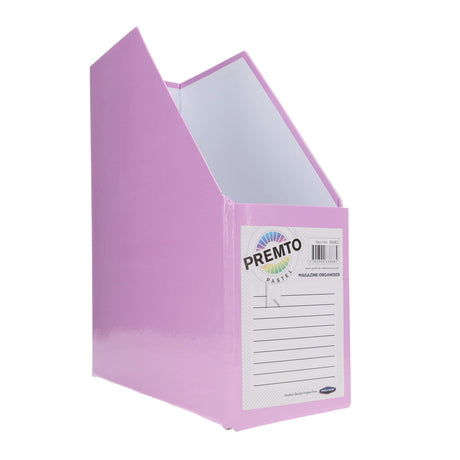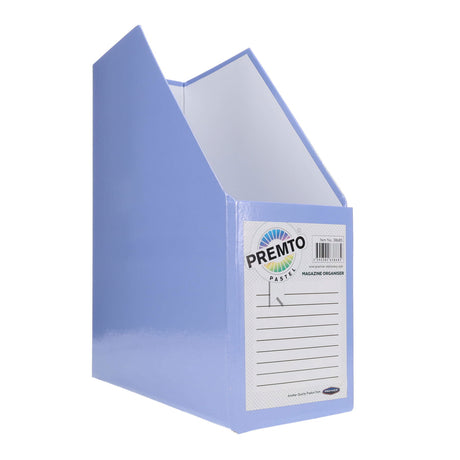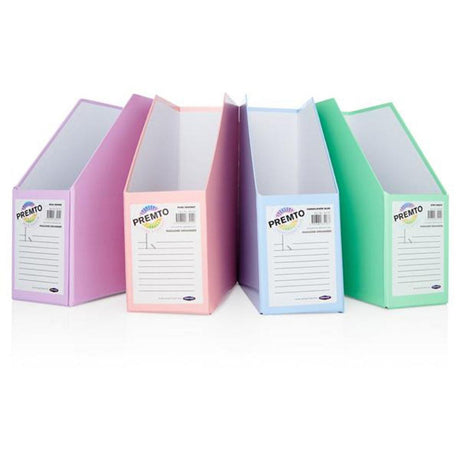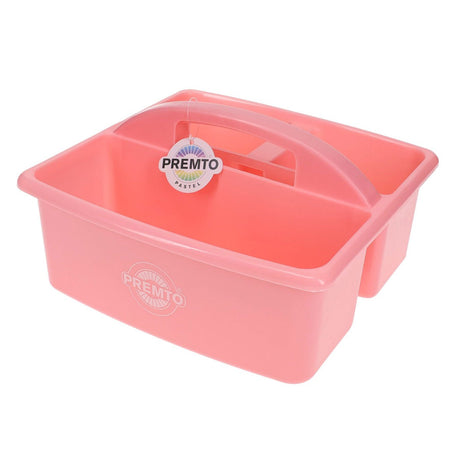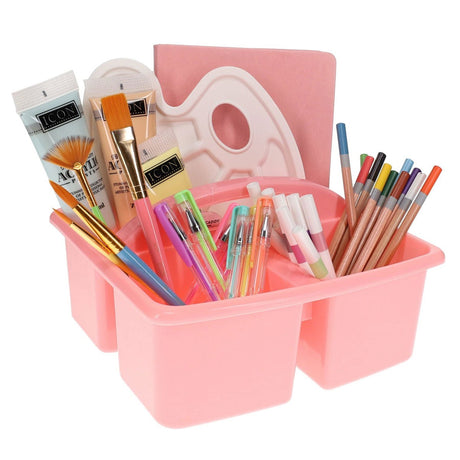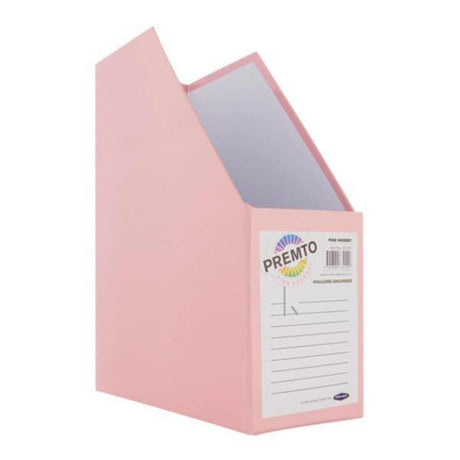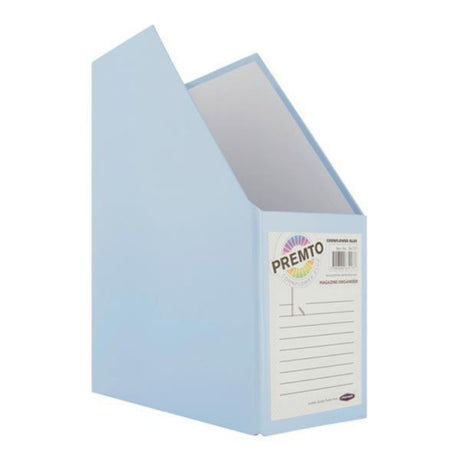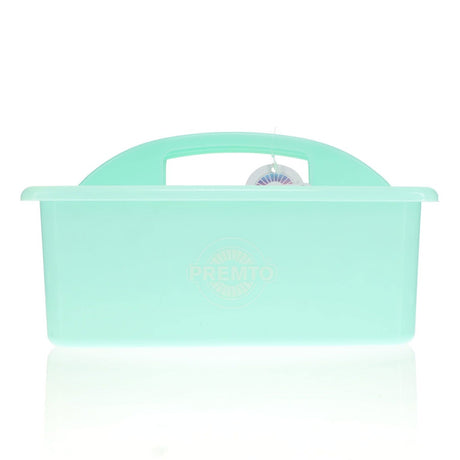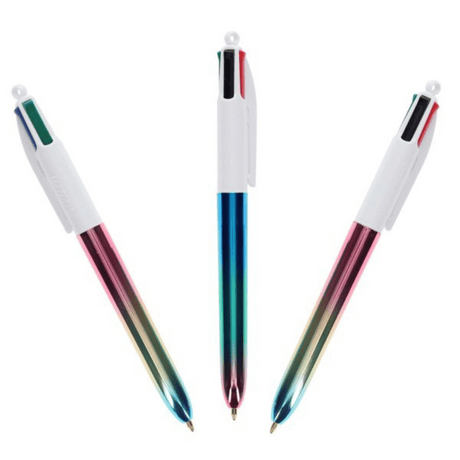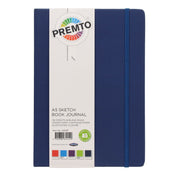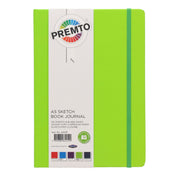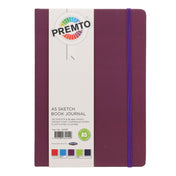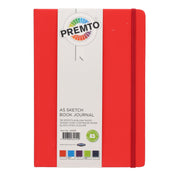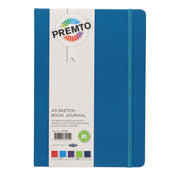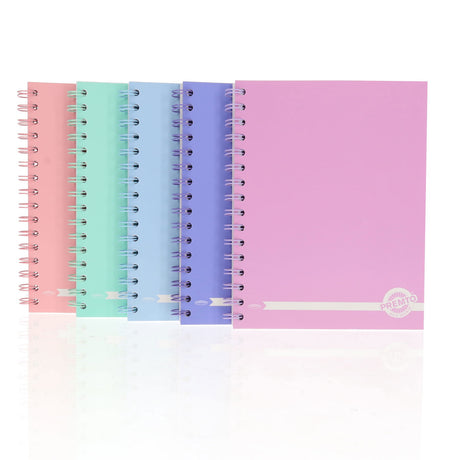## Introduction to stationery vs stationary
Welcome to the delightful world of office supplies and grammatical confusion! In the realm of written communication, there exists a pair of words that often cause befuddlement: stationery and stationary. These seemingly similar terms can easily lead to misspellings and mix-ups. But fear not! In this article, we will embark on a journey to unravel the differences between stationery and stationary, with a touch of humour and a sprinkle of knowledge. So, grab your favourite pen and let's dive into this hilarious tale!
Definition and usage of stationery
Let's start with stationery. Picture this: you walk into a quaint little stationery shop, mesmerized by rows upon rows of colourful paper, elegant pens, and adorable sticky notes. Well, that's stationery for you! Stationery refers to a wide range of writing materials and office supplies. From notebooks and envelopes to pens and paperclips, stationery encompasses all the tools that make our written words come to life. So, the next time you're stocking up on stationery, remember that it's all about the supplies that fuel your creative expression!
Definition and usage of stationary
Now, let's turn our attention to stationary. Close your eyes and imagine a quiet park, with a bench nestled under the shade of a towering tree. The bench doesn't move, right? Well, that's the essence of stationary. In the context of the English language, stationary means immobile or fixed in place. It refers to objects or things that do not move or change position. Whether it's a stationary bicycle in the gym or a stationary car in traffic, this word reminds us of the stillness and stability in our surroundings.
Common misconceptions and mix-ups
Ah, the perils of homophones! Stationery and stationary sound alike, leading to frequent mix-ups and misspellings. One common misconception is using the word "stationary" when referring to writing materials. Trust me, I've seen it happen countless times! Another mix-up occurs when people mistakenly use "stationery" to describe something that is not related to writing supplies. It's easy to understand why these errors occur, but fear not, my fellow language enthusiasts, for we shall now uncover the truth!
Examples of correct usage
To clarify the distinction between stationery and stationary, let's explore some examples of correct usage. Imagine you're penning a heartfelt letter to a dear friend. You would write it on lovely stationery, not stationary. Similarly, when you're jotting down notes during a meeting, you would use a notebook from your trusty stationery stash. On the other hand, if you're describing a traffic jam, you would mention that the cars are stationary, not stationery. And if you ever find yourself in a stationary store, well, that might be a whole new level of confusion!
Tips for remembering the difference
Now that we've established the difference between stationery and stationary, let's equip ourselves with some handy tips to remember the distinction. One mnemonic device is to think of the "e" in stationery as representing "envelopes" or "email," both of which are associated with written communication. Another trick is to imagine the "a" in stationary as reminding you of "anchor" or "immobile," representing objects that are fixed in place. By visualizing these connections, you'll be well on your way to mastering the art of spelling these words correctly.
Stationery and stationary in popular culture
Believe it or not, stationery and stationary have managed to make their way into popular culture, adding a touch of whimsy and laughter. In the beloved sitcom "The Office," Jim Halpert famously played pranks on his desk-mate, Dwight Schrute, involving various office supplies. These hilarious antics often revolved around manipulating stationery items, such as staplers and notepads. Meanwhile, stationary objects have been personified in children's literature, with characters like "The Giving Tree" reminding us of the beauty and strength found in stillness.
Stationery and stationary in business communication
In the world of business communication, the correct usage of stationery and stationary is of utmost importance. Imagine receiving a formal letter on a piece of paper that reads "stationary" instead of "stationery." It may raise an eyebrow or two! To maintain professionalism and avoid any embarrassing blunders, it's essential to use the right word in the right context. Whether it's designing custom stationery for your company or highlighting the stationary position of a project in a report, accuracy in language is key.
Stationery and stationary in personal correspondence
Beyond the realm of business, stationery and stationary also play a role in personal correspondence. Sending a handwritten letter or a heartfelt card can bring joy to both the sender and the recipient. The choice of stationery adds a personal touch to the message, reflecting the sender's taste and style. On the other hand, when describing a picturesque moment in a letter, mentioning the stationary elements, such as a breathtaking sunset or a tranquil lake, can paint a vivid picture for the reader. So, whether it's through words or visuals, stationery and stationary find their way into our personal connections.
Conclusion
As we come to the end of our delightful journey through the world of stationery and stationary, we can now bid farewell to the confusion and embrace the correct usage of these words. We've learned that stationery refers to writing materials and office supplies, while stationary describes objects that are immobile or fixed in place. From business communication to personal correspondence, these words have carved their place in our language and our lives. So, the next time you reach for a pen or admire a still object, remember the tale of stationery vs stationary, and let your words flow with clarity and precision. Happy writing!
CTA: Now that you're armed with the knowledge of stationery vs stationary, why not share this article with your fellow word enthusiasts? Spread the joy (and the correct spelling!)





